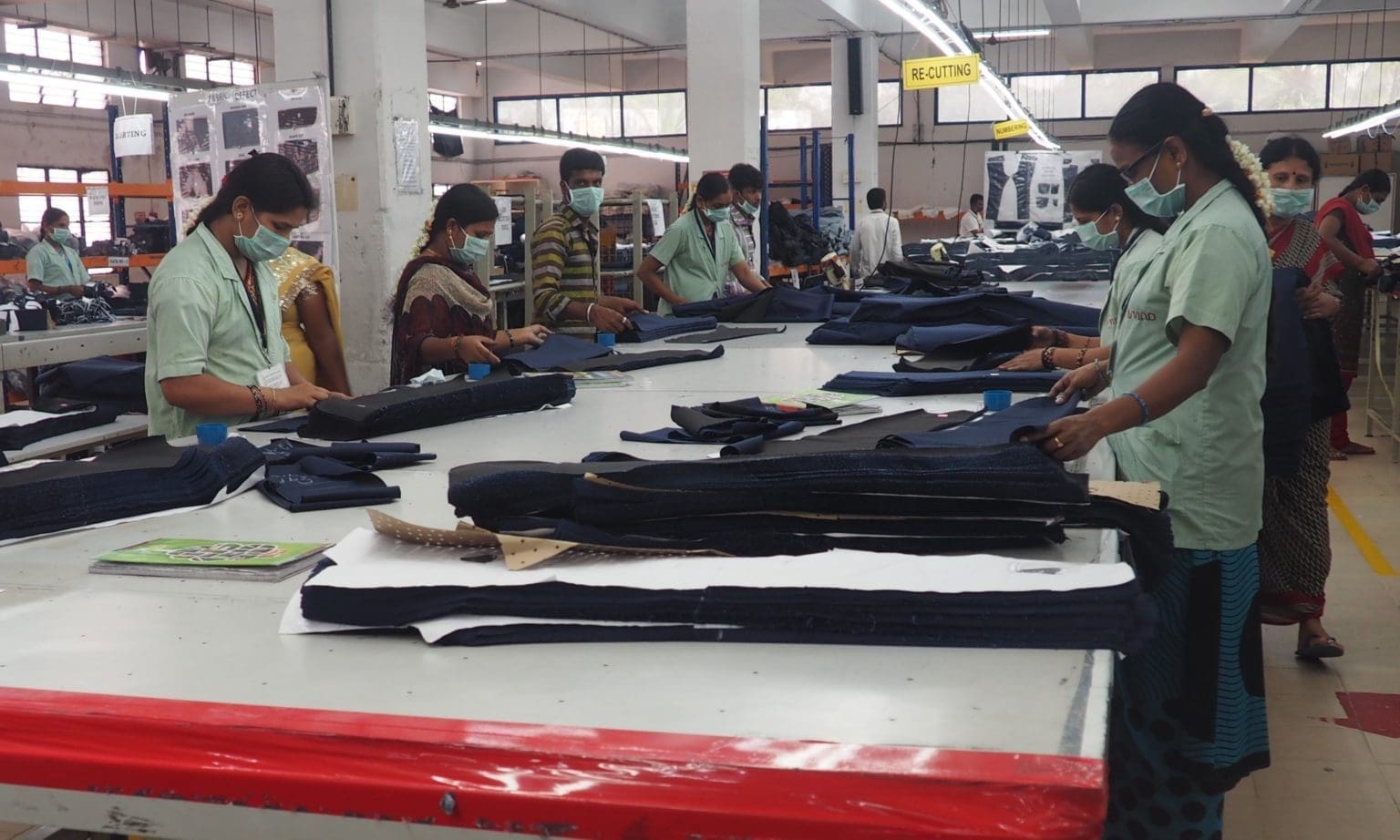Several major sustainable apparel organizations formed an alliance that their executive leaders hope will accelerate change and produce new efficiencies in the industry.
The Sustainable Apparel Coalition, ZDHC Foundation, Textile Exchange, and the Apparel Impact Institute announced that they are forming new partnerships. The groups plan to pool resources, core competencies, and offerings for the global apparel value chain.
Although an alliance had long been under consideration, the pandemic served as the catalyst, according to the organizations’ leaders. “Covid is a wake-up call,” said Lewis Perkins, president of the Apparel Impact Institute. “We have to continually innovate to preserve our work as a core industry investment.”
The four organizations say they developed letters of intent that clarify their roles and commitments in these areas:
- Programs and tools. The organizations say they plan to connect complementary frameworks such as the Higg Facility Environmental Module and ZDHC’s Roadmap to Zero program, and the Higg Brand and Retailer Module and TE’s Corporate Fiber and Materials Benchmark. They also aim to coordinate subject-matter governance in relevant areas, and engage with the industry more effectively.
- Impact management and funding. Together, the organizations want to consolidate their efforts to benchmark environmental improvements in key areas, prioritize projects and programs that accelerate positive change for the value chain, form strategic fundraising partnerships that support these efforts, and collaborate on creating an annual report of the results.
- Global implementation. The organizations say they “will seek to defragment efforts and establish global implementation as a shared industry resource by co-investing in infrastructure, training, education, and regional access.”
- Administration and infrastructure. The alliance is also pursuing “a substantial decrease in resource expenditure on operational matters by engaging in shared services and creating economies of scale with external service providers.”
In addition, executive leaders from the organizations said they intend to resolve persistent barriers in the supply chain.
“For so long, the mainstream conversation has underemphasized the role of fiber production and textile manufacturing, not to mention what happens at the farm-level itself,” said La Rhea Pepper, managing director of Textile Exchange, adding that the organizations anticipate driving holistic and scalable solutions within the industry.

